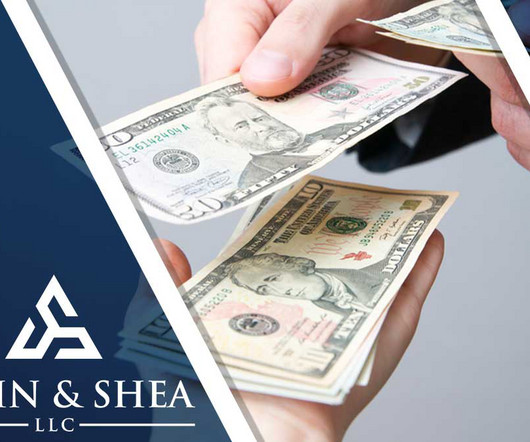What Assets Do You Lose in Chapter 7?
Sawin & Shea
APRIL 10, 2024
Chapter 7 bankruptcy is a great financial solution for those struggling with debt, especially unsecured debts. With Chapter 7 bankruptcy, you as the debtor can discharge most unsecured obligations after liquidating nonexempt assets. In this blog, we discuss what assets and property a debtor may lose in Chapter 7 bankruptcy.













Let's personalize your content